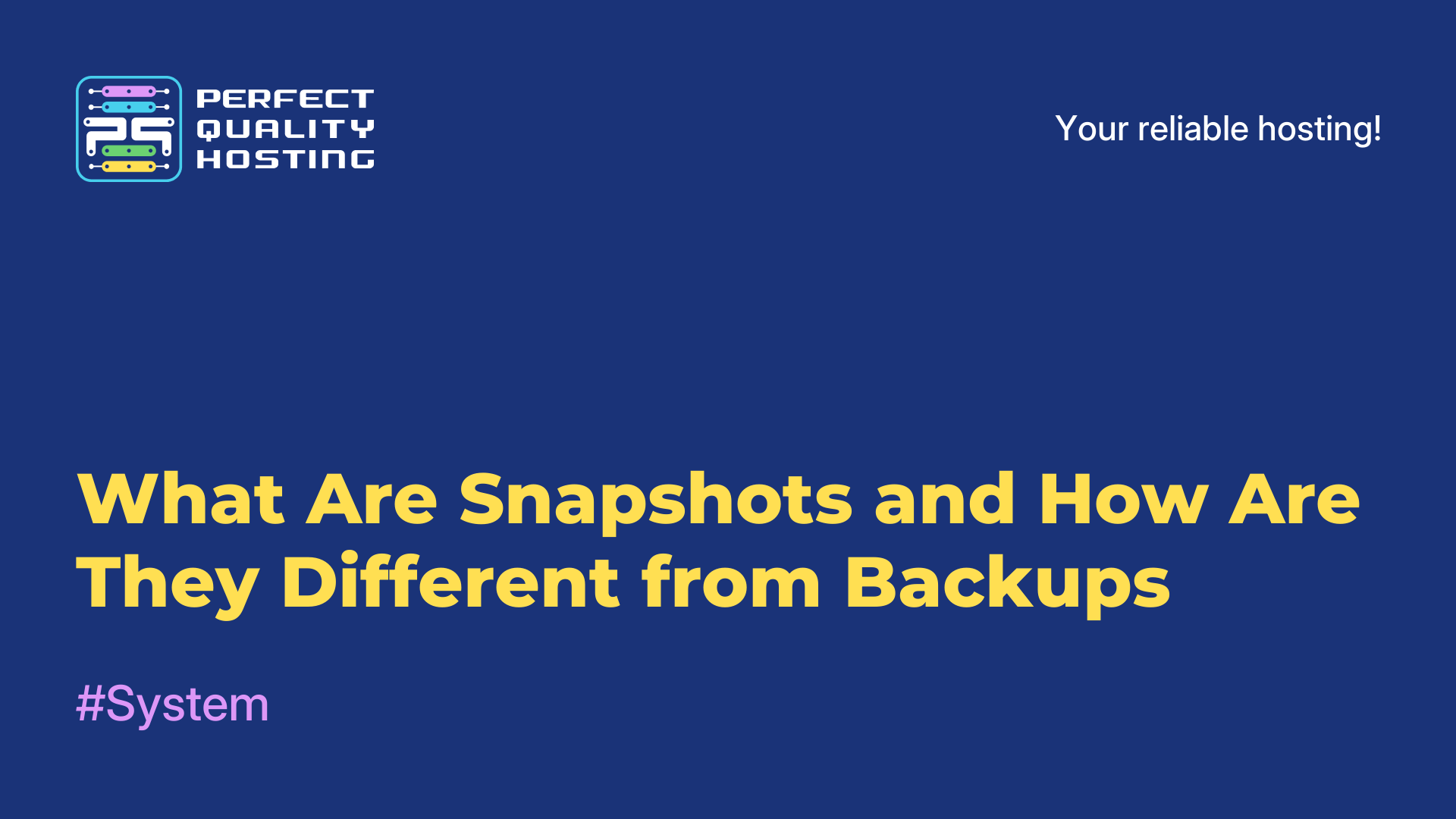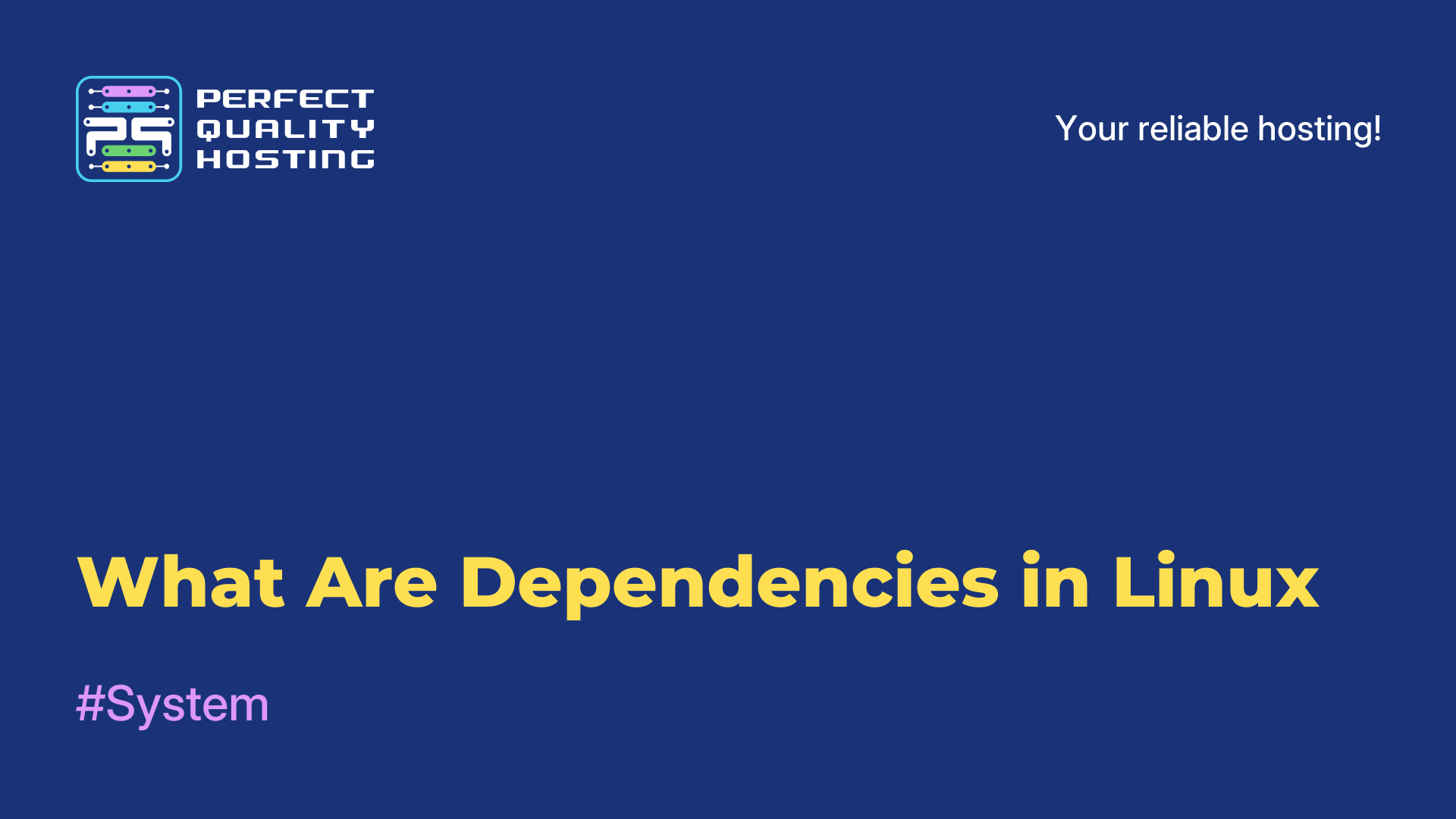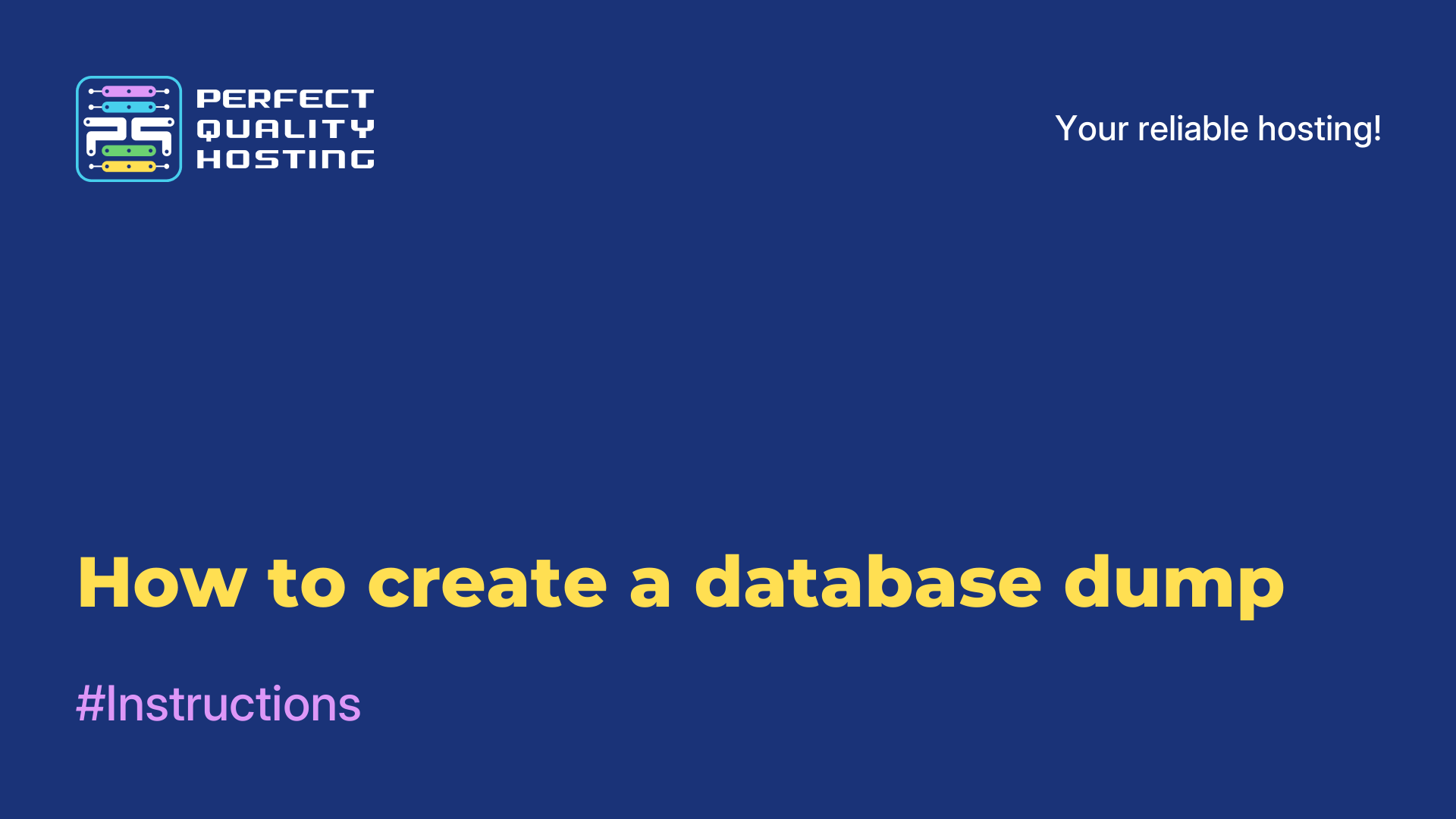-
Russia8 (800) 707-83-77
-
United Kingdom+44 (20) 4577-20-00
-
USA+1 (929) 431-18-18
-
Israel+972 (55) 507-70-81
-
Brazil+55 (61) 3772-18-88
-
Canada+1 (416) 850-13-33
-
Czech Republic+420 (736) 353-668
-
Estonia+372 (53) 683-380
-
Greece+30 (800) 000-02-04
-
Ireland+353 (1) 699-43-88
-
Iceland+354 (53) 952-99
-
Lithuania+370 (700) 660-08
-
Netherlands+31 (970) 1027-77-87
-
Portugal+351 (800) 180-09-04
-
Romania+40 (376) 300-641
-
Sweden+46 (79) 008-11-99
-
Slovakia+421 (2) 333-004-23
-
Switzerland+41 (22) 508-77-76
-
Moldova+373 (699) 33-1-22
 English
English
System — Page 2
- Main
- Knowledge base
- System
- Page 2
Adding or removing programs, commands, and scripts from autostart in Ubuntu is quite simple. You just need to open the Startup Applications utility, click "Add"—and you're done. However, despite its functionality, Ubuntu's
The Linux operating system is known for its security and flexibility, allowing users to configure the system to their needs. One of the useful features of Linux, as well as other Unix-like systems, is the support for multiple users.
Ubuntu is one of the most popular Linux-based operating systems, widely used by both professional developers and regular users. For those just starting to explore this OS, knowing its version and kernel version is akin to knowing the make and model
This article will explain what backups and snapshots are, how they work, and in which cases they can be useful.
Apache Tomcat is one of the most popular and reliable application servers for working with Java. This tool enables the execution of web applications, handles user requests, and returns data with minimal delays. Thanks to its flexibility and
VI is a powerful console-based text editor. It is deservedly one of the most popular tools in Unix systems, thanks to its speed and extensive capabilities for working with text. However, it can be a bit challenging to master. That’s why we’ve
A sitemap plays a key role in indexing your website by search engines. It helps crawlers quickly find pages and simplifies site navigation. In this article, we will explain how to disable plugins that may automatically generate a sitemap, upload the
Snap is a package management system for Linux designed to simplify the installation, management, and updating of software.
If you've been working with Windows all your life, the concept of dependencies in Linux might initially seem confusing. In this article, we will take a detailed look at this topic and explain how dependencies affect package management.
A database dump is a copy of all the data, structure, and settings of a database saved as a file. This file contains all the tables, records, indexes, and other elements. It allows for restoring the database to its original state if needed.












































